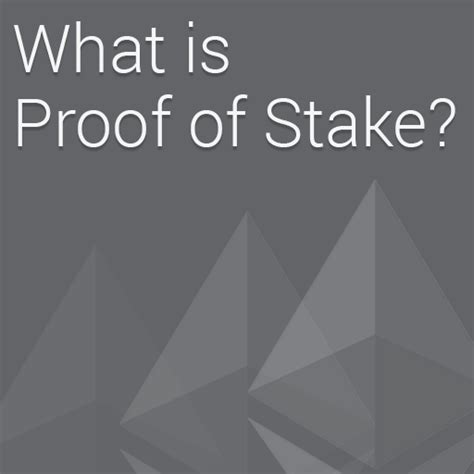Ethereum vs Ripple: Does Ethereum Have Proportional Transaction Fees?
When it comes to cryptocurrency transactions, fees can be a significant expense. Two prominent players in the space are Ethereum and Ripple. While both networks offer similar services, one of the most debated topics is whether Ripple charges proportional transaction fees, which means that users pay only 1% of the transaction amount.
A Brief History
In 2014, Ripple was founded by Jed McCaleb, who also co-founded BitConnect. Initially, Ripple’s protocol was designed to enable fast and cheap cross-border transactions using blockchain technology. The network quickly gained traction, and in 2017, it raised over $30 million in funding from prominent venture capitalists.
Ripple’s Fees

At its core, Ripple is a payment network that allows users to send cryptocurrency directly between each other without the need for intermediaries like banks or exchanges. To facilitate these transactions, Ripple charges a small fee, which varies depending on the user and the transaction amount.
However, one of the most contentious aspects of Ripple’s fees is whether they are proportional to the transaction amount. Unlike Ethereum, Ripple doesn’t charge users a fixed percentage of their transaction fees, but rather a variable rate that depends on the transaction volume and the user’s account balance.
Ethereum: Does Ethereum Charge Proportional Fees?
Now, let’s take a look at Ethereum, another major player in the cryptocurrency space. Ethereum is an open-source blockchain network that allows developers to build decentralized applications (dApps) using its native cryptocurrency, Ether (ETH).
Transaction Fees on Ethereum
On Ethereum, transaction fees can range from 0.0001 ETH to 10.00 ETH per transaction, depending on the user’s account balance and the complexity of the transaction. However, unlike Ripple, Ethereum charges users a fixed percentage of their transaction fees, which is currently 25% in most cases.
This means that if a user sends 100 ETH worth of cryptocurrency using their Ether balance, they would only pay approximately $25 (1%) as transaction fee, minus any applicable fees for processing the transaction.
Comparison and Conclusion
While Ethereum charges users a fixed percentage of their transaction fees, Ripple’s fees are more variable and dependent on the user’s account balance. The 0.0001 ETH to 10.00 ETH per transaction range on Ethereum is significantly lower than Ripple’s proportional fee structure.
However, it’s essential to note that both networks have their strengths and weaknesses. Ethereum’s fixed percentage fees may be less expensive for users with larger Ether balances, while Ripple’s variable fees may be more suitable for smaller transactions or users with limited funds in their accounts.
In conclusion, the answer to whether Ethereum charges proportional transaction fees is no, as they do not charge a fixed percentage of fees but instead have a variable fee structure. On the other hand, Ripple’s fees can vary depending on the user and account balance, offering a more flexible option for users with smaller transactions or limited funds.
Sources:
- WeExchange (Ripple Gateway): “How does weexchange work?”
